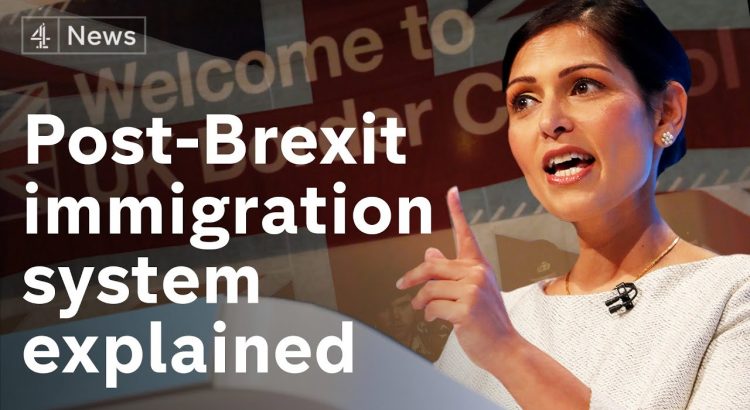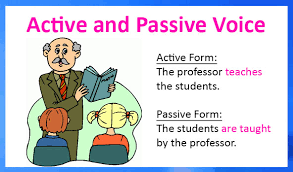airy-fairy (adjective,
informal, disapproving): not
clear or practical
I like that place because people out there talk about deals,
done-deals, projects, achievements, airy-fairy stories among others.
argy-bargy (noun, uncountable,
countable, informal): noisy disagreement
She had a bit of argy-bargy with her boss over the assignments
she was overseeing.
artsy-fartsy also arty-farty (adjective, disapproving,
informal): connected with, or having an interest in, the arts
She got annoyed at her consistent response to what she called
arty-farty or airy-fairy explanations of how things worked.
chit-chat (noun, uncountable,
informal): conversation about things that are not important
Could you please share a minute for a quick chit-chat?
criss-cross (verb): to make a pattern on
something with many straight lines that cross each other
The world was crisscrossed by telegraph lines in the last century, including countless cables under the Atlantic Ocean.
dilly-dally (verb, informal): to take too
long to do something, go somewhere or make a decision)
Frankly speaking, I am not a morning guy; dilly-dally during my
morning rituals.
harum-scarum (adjective):
behaving in a wild and sometimes careless way
Jenny was all set out to start running under the new coach, but
her jumping was quite harum-scarum.
helter-skelter (adjective, only
before noun): done in a hurry and in a way that lacks organization
In this hectic and helter-skelter world, this was an obvious
reminder of the kindness and the Smiths have done it again.
higgledy-piggledy (adjective, informal): untidy
and lacking any order
I can see a higgledy-piggledy mess of badly-designed streets in
my town.
hocus-pocus (noun, uncountable): language or
behaviour that is nonsense and is intended to hide the truth from people
I disagree with the belief that psychology is a lot of
hocus-pocus. However, my peers see it otherwise.
hoity-toity (adjective,
informal): behaving in a way that suggests that you think you are most
important than other people; haughty
My first impression for Islanders
was the moneyed and hoity-toity, but soon it was proven wrong the moment I
started integrating into society.
hotchpotch (noun, singular,
informal [North American: hodgepodge]): a number of things mixed together
without any particular order or reason
Being a coach, it becomes hard for me to explain to students who
produce an incoherent hotchpotch in writing.
hurly-burly (noun, uncountable): a very
noisy and busy activity or situation
She recounts her hurly-burly of school life on the graduation
day.
itty-bitty also itsy-bitsy (adjective,
informal): very small
Next to that small area, you can see an itsy-bitsy, teeny-weeny
bathroom.
mumbo jumbo (noun, uncountable, informal,
disapproving): language or ceremony that seems complicated and important but is
actually without real sense or meaning; nonsense
To her naivety, Rebecca could not comprehend a maze of dense and
mumbo jumbo legal terms and ended up losing plenty of money.
mishmash (noun, singular, informal,
disapproving): a confused mixture of different kinds of things, styles, etc.
The professor made a total mishmash of points to come to the
conclusion, and I think the classroom is yet confused and in bewilderment over
this topic.
(the) nitty-gritty (noun,
informal, singular): the
basic or most important details of an issue or a situation
She missed the nitty-gritty of her assignment which dragged her
overall score.
ping-pong (noun, uncountable): table
tennis
If your daughter is not good at lawn tennis, put her to ping-pong
and she might succeed.
pitter-patter also pit-a-pat
(adverb): with quick light steps or beats
When I heard of you, my heart went pitter-patter across the
floor.
shilly-shally (verb, informal, disapproving):
to take a long time to do something, especially to make a decision
The Fire Safety department started shilly-shallying about the
fire mishap in Surat. Their inertia and incompetence engulfed in over a score
of students.
teeny-weeny also teensy-weensy (adjective,
informal): very small
Next to that small area, you can see an itsy-bitsy, teeny-weeny
bathroom.
tittle-tattle (noun, uncountable, informal,
disapproving): unimportant talk, usually not true, about other people and their
lives; gossip
I reckon the gossip surrounding her love affair with Jason is
just that – idle tittle-tattle.
touchy-feely (adjective,
informal, disapproving): expressing
emotion too openly
It is unwise for you to get all touchy-feely with your own emotions
at the workplace because your co-workers may give you a verbal hug for a while,
but they may take advantage of it later on.
wishy-washy (adjective,
informal, disapproving): not having clear or firm ideas or beliefs
The right wingers have run over those wishy-washy neoliberals in all parts of the world.








